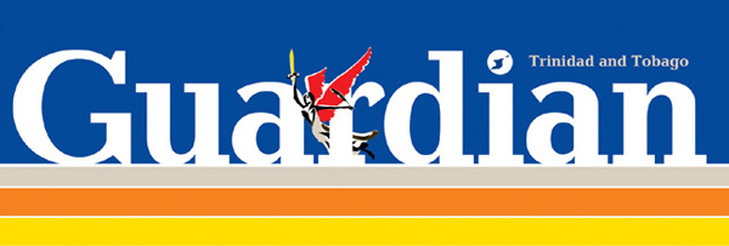The meme at first appears so commonsensical and ethical it’s almost impossible to criticise. It recruits narratives of good governance, transparency, and an end to corruption.
It claims that while all governments in T&T have been corrupt, the levels of corruption for the current administration are far worse than we’ve ever seen before.
The implied logic of the meme is we should vote for the Opposition because they will be less corrupt.
To many people, the meme is a solid statement of fact. However, we might also point out it is simplistic, disingenuous, and does a great disservice to the electorate on both sides, and local political debate generally.
It distracts the population from other important issues of discussion like hearing parties discuss their manifestos with the public or constitutional change and electoral reform which, surprise, surprise, neither is seriously offering. It also distracts us from how power consolidates itself.
Moralism against corruption begins to stand in for discussion of real political ideas and how class-based societies function. While at the same time, the meme’s constant repetition adds to its perceived righteousness.
This is because repetition gives cultural models infinite, rather than finite existence, making them appear more ‘real.’
This, of course, is not to say corruption doesn’t exist in the current administration. Clearly, it does and perhaps more will be uncovered.
For example, ex-ministers Roberts, Ramlogan and Warner, to name three, are now no longer ministers due to allegations and evidence of corruption.
And to be fair to the current administration, alongside the corruption of some now ex-members of the cabal, not even the current government is denying corruption is taking place, with the PM herself saying it exists in state processes.
So why is the meme problematic? Well, for starters, if we recruit popular sentiment from the last election, the previous administration was voted out based on its perceived highest-ever levels of corruption.
Let’s not forget Udecott and Calder Hart, the huge interest-free Clico bailout, the OPVs, the secret scholarships, and the Brian Lara stadium to name a few examples.
This suggests the meme’s argument for a change in government is disingenuous to anyone with a memory that extends over five years, let alone 53. And as facts start to slip into partisan commentary, we might suggest what the corruption meme—both in its attack and its defence—actually stands for.
Whether it is this current Government or the Opposition who wins the upcoming election, it is a stretch to say every government minister is corrupt. Clearly, some ministers have been, are, and will be corrupt. But corruption as we all know does not reside on one side of the political divide nor with all people in a government.
As such, one function of the ‘vote them out because of corruption’ meme we can suggest, much like in the last election, is that it’s a stand in and euphemism for ethnic politics and who gets government contracts.
This is because the meme hides a local, long-term political and cultural logic, which is the popularly held belief of the need for ethnic balance in the ongoing corrupt governance of a politically plural nation. This is also known as the “our time now” logic.
In some circles it is also common to hear a further extension of the meme that suggests the PP Government corruption includes giving government contracts to Hindus and not Muslims, and this is why many Muslim Indo-Trinis will supposedly be voting for the PNM.
So another possible role of the meme we might suggest is it disguises the relationship between race, religion and government.
But more centrally than how the meme disguises a cultural logic of ethno-racial-religious politics under simplistic accusations of who is most corrupt, it does something for the really powerful too.
The meme disguises the real class politics at play during any general election.
In sociology, “elite theory” states that a small group of people consisting of those are who economically powerful and connected to policy-makers have great power in society that is completely disconnected from state elections and democratic practices.
Through their financial muscle and support, their direction of boards and companies, and the networks of influence this all brings, they’re able to direct the policy decisions of both the private and public sector.
So while supporters of both parties chase their tales with mud slinging and ethnic slurs disguised as moralism about corruption, two simple facts of modern capitalism are being missed.
1) Whoever comes into power the elite, across race, religion and ethnicity will continue to increase their wealth.
And 2) the main function of the modern State in neoliberal capitalism is not to develop a country for the betterment of the masses; rather it is to protect the unevenly distributed wealth and private property of the holders of capital.
http://m.guardian.co.tt/columnist/2015-08-16/%C2%ADchasing-their-tails

 RSS Feed
RSS Feed